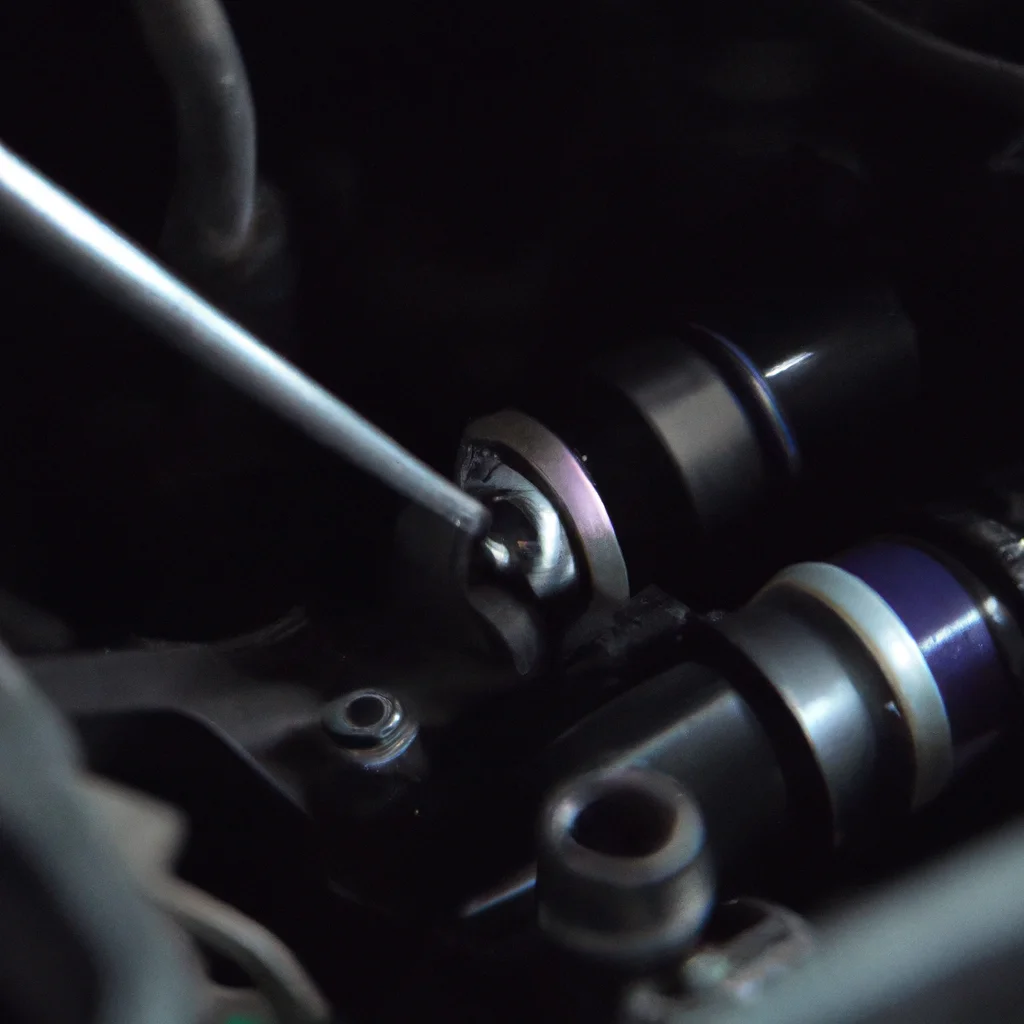How does a car’s ignition system work?


How does a car's ignition system work?
Cars have come a long way since the days of hand-cranking an engine to start it. Nowadays, cars feature a complex system that starts the engine with the push of a button. This system is called the car ignition system, and it is an integral part of every car. In this article, we will explore how the car ignition system works and the different components involved.
How Ignition System Works
The car ignition system is responsible for igniting the fuel-air mixture in the engine’s cylinders. The process starts with the key in the ignition switch, which sends an electrical signal to the ignition control module. The ignition control module is responsible for coordinating the entire ignition process.
Once the ignition control module receives the signal from the ignition switch, it sends a signal to the ignition coil. The ignition coil is a high-voltage transformer that converts the low voltage from the battery to the high voltage required to create a spark.
The spark created by the ignition coil is sent to the spark plug, which ignites the fuel-air mixture in the engine’s cylinders. The spark plug is an essential component of the ignition system, and it consists of two electrodes separated by a gap. The high voltage from the ignition coil jumps across this gap, creating a spark that ignites the fuel-air mixture.
Ignition Timing
The timing of the spark is critical for the engine to operate correctly. The timing refers to the point in the engine’s cycle when the spark occurs. The ignition timing is usually set by the manufacturer and is adjusted to ensure optimal engine performance.
The ignition timing is adjusted by changing the position of the distributor. The distributor is responsible for delivering the spark to the correct cylinder at the right time. In older cars, the distributor was a mechanical device that rotated a rotor to send the spark to the correct cylinder. In modern cars, the distributor has been replaced by an electronic ignition system that uses sensors to determine the engine’s position.
Ignition Switch
The ignition switch is the component that starts the entire ignition process. The switch is usually located on the steering column or dashboard and is turned on with the key. The ignition switch sends an electrical signal to the ignition control module, which starts the ignition process.
Electronic Ignition
Electronic ignition systems have replaced mechanical distributors in modern cars. Electronic ignition systems use sensors to determine the engine’s position and adjust the ignition timing accordingly. Electronic ignition systems are more reliable and efficient than mechanical systems.
Ignition Coil
The ignition coil is a key component of the ignition system. The ignition coil is responsible for converting the low voltage from the battery to the high voltage required to create a spark. The ignition coil is a high-voltage transformer that consists of two coils wrapped around a metal core. When current flows through one coil, it creates a magnetic field that induces a voltage in the other coil.
Conclusion
The car ignition system is a complex system that is responsible for starting the engine with the push of a button. The system consists of several components, including the ignition switch, ignition control module, ignition coil, spark plug, distributor, and electronic ignition. The system works by sending an electrical signal from the ignition switch to the ignition control module, which coordinates the entire ignition process. The ignition coil converts the low voltage from the battery to the high voltage required to create a spark, which is sent to the spark plug to ignite the fuel-air mixture in the engine’s cylinders. The ignition timing is critical for the engine to operate correctly, and it is adjusted by changing the position of the distributor or using sensors in electronic ignition systems.
Recent Posts
How do I create an engaging and informative online quiz or assessment?
Creating an engaging and informative online quiz or assessment can be a powerful tool for… Read More
What are the most effective methods for managing and reducing work-related stress in the hospitality industry?
Work-related stress is a common issue in the hospitality industry, where employees often face long… Read More
How can I improve my assertiveness and communication skills in a leadership position?
In a leadership position, assertiveness and effective communication skills are crucial for success. Being able… Read More
What are the key elements of a successful employee recognition and rewards program?
Employee recognition and rewards programs play a crucial role in motivating and engaging employees, as… Read More
How do I effectively manage and respond to customer feedback and reviews?
Customer feedback and online reviews play a crucial role in shaping a company's reputation and… Read More
What are the best strategies for effective time management as a stay-at-home parent?
Effective time management is crucial for stay-at-home parents who juggle multiple responsibilities on a daily… Read More